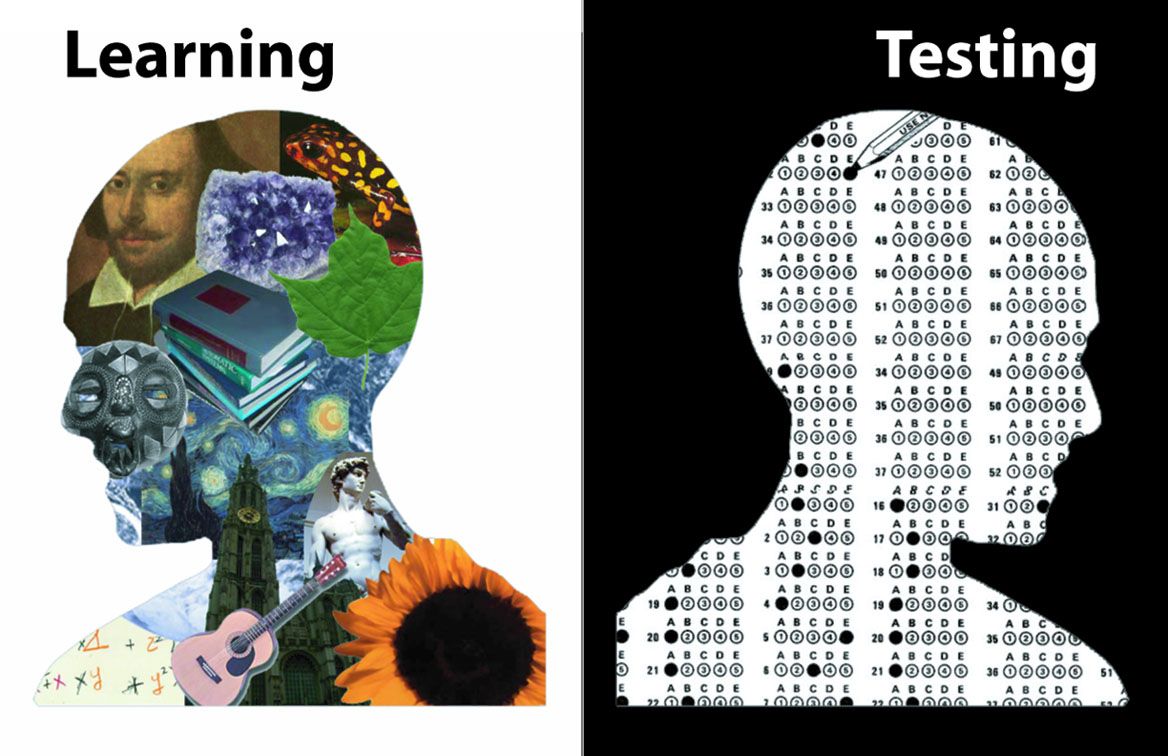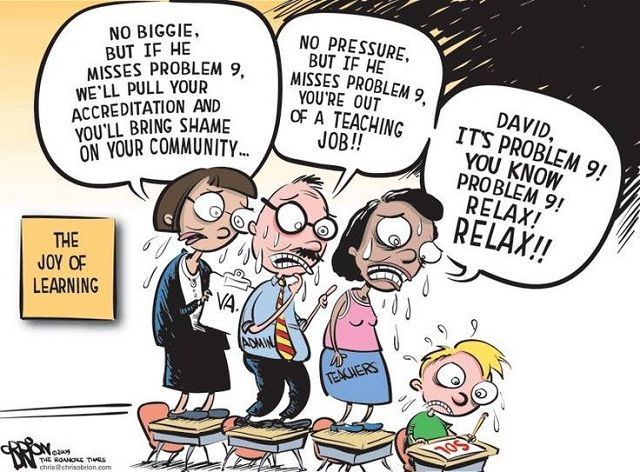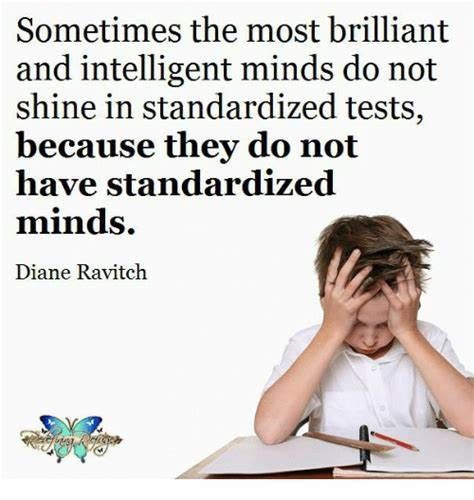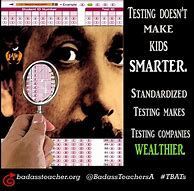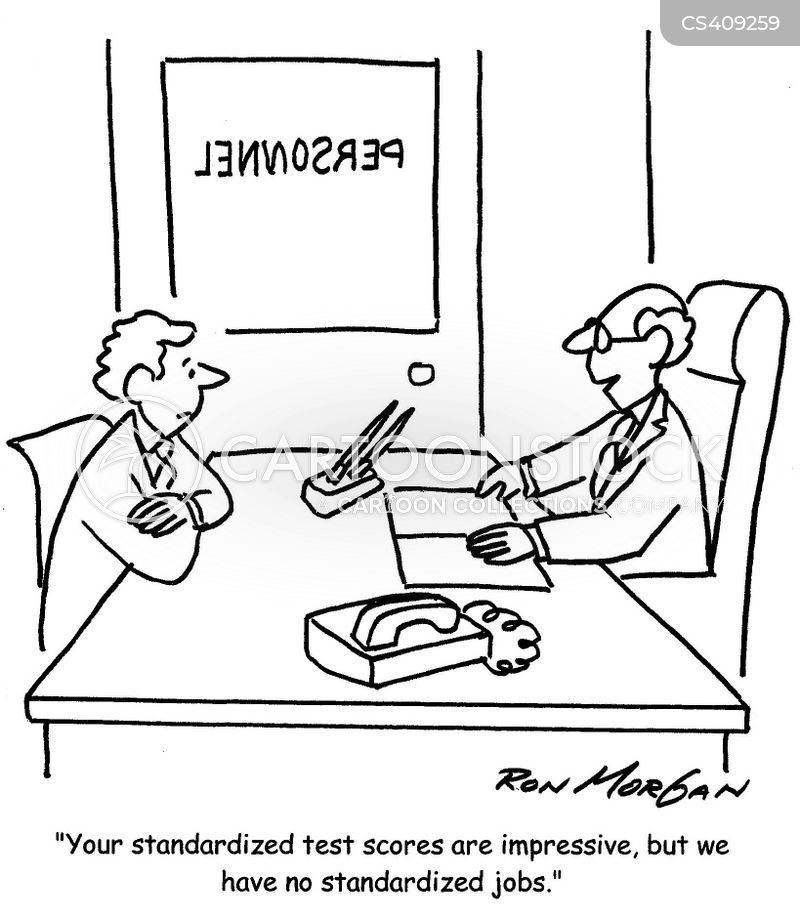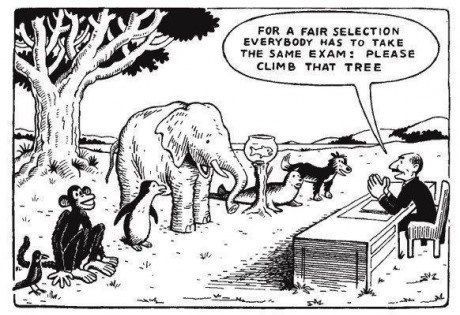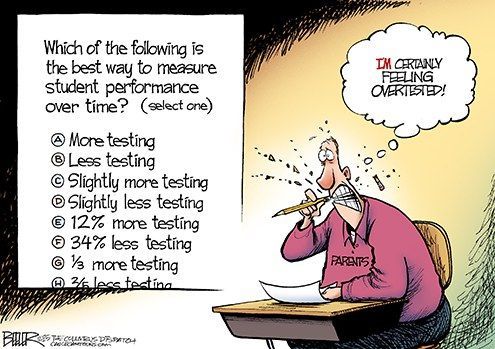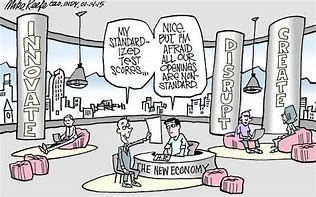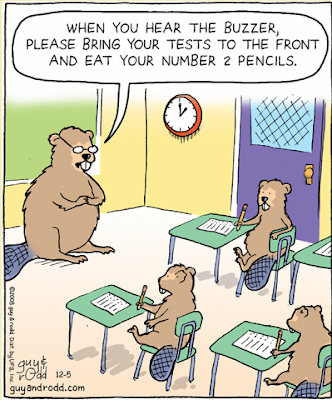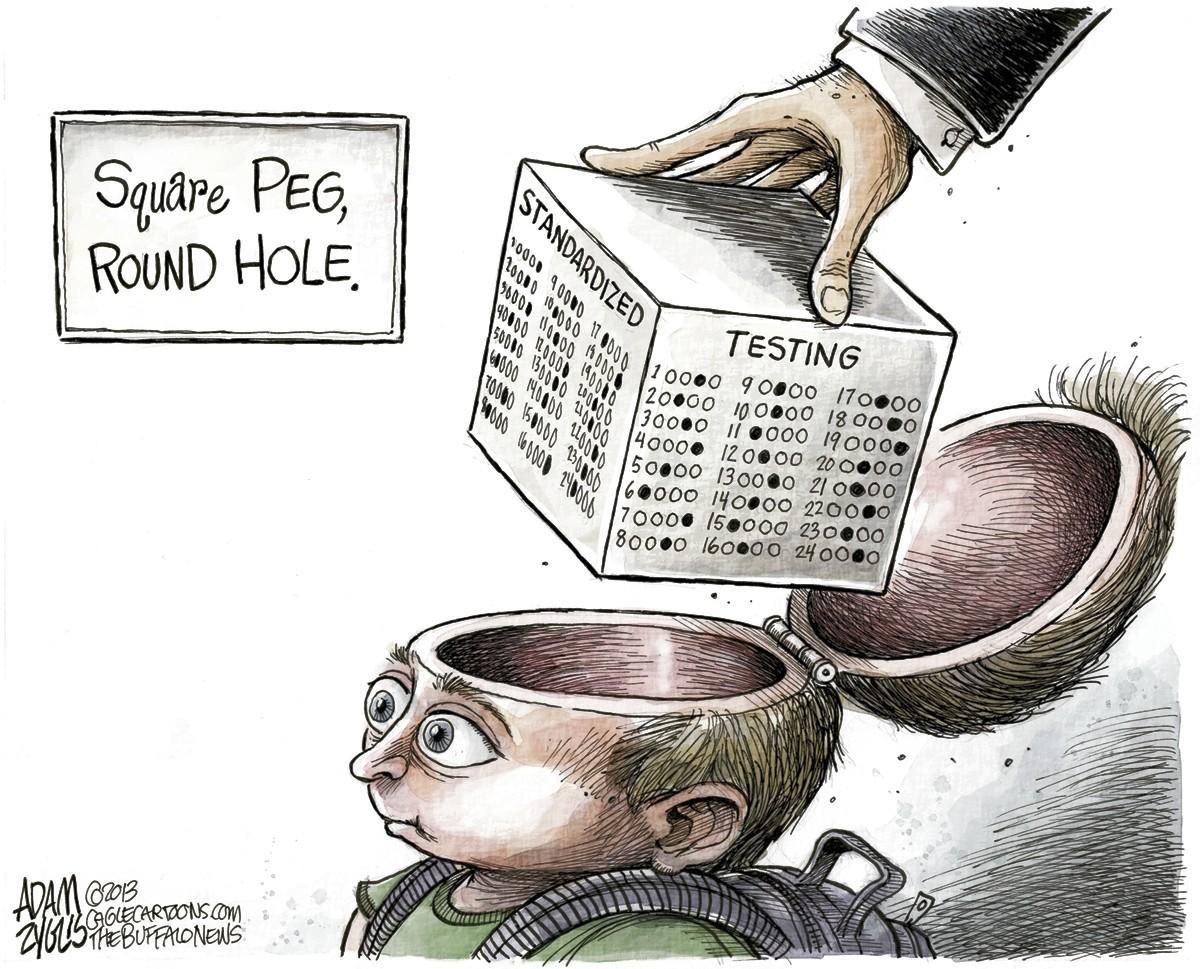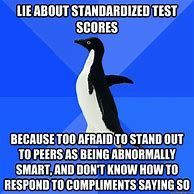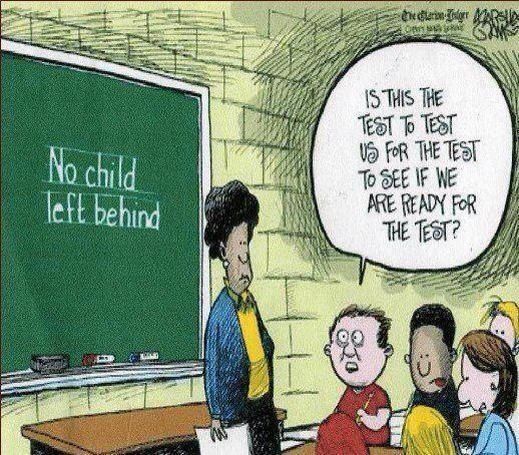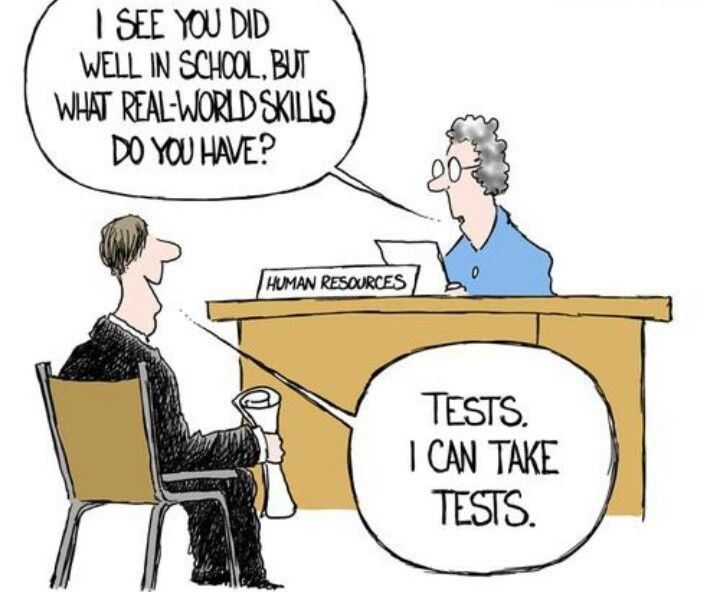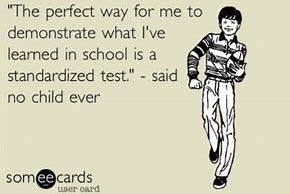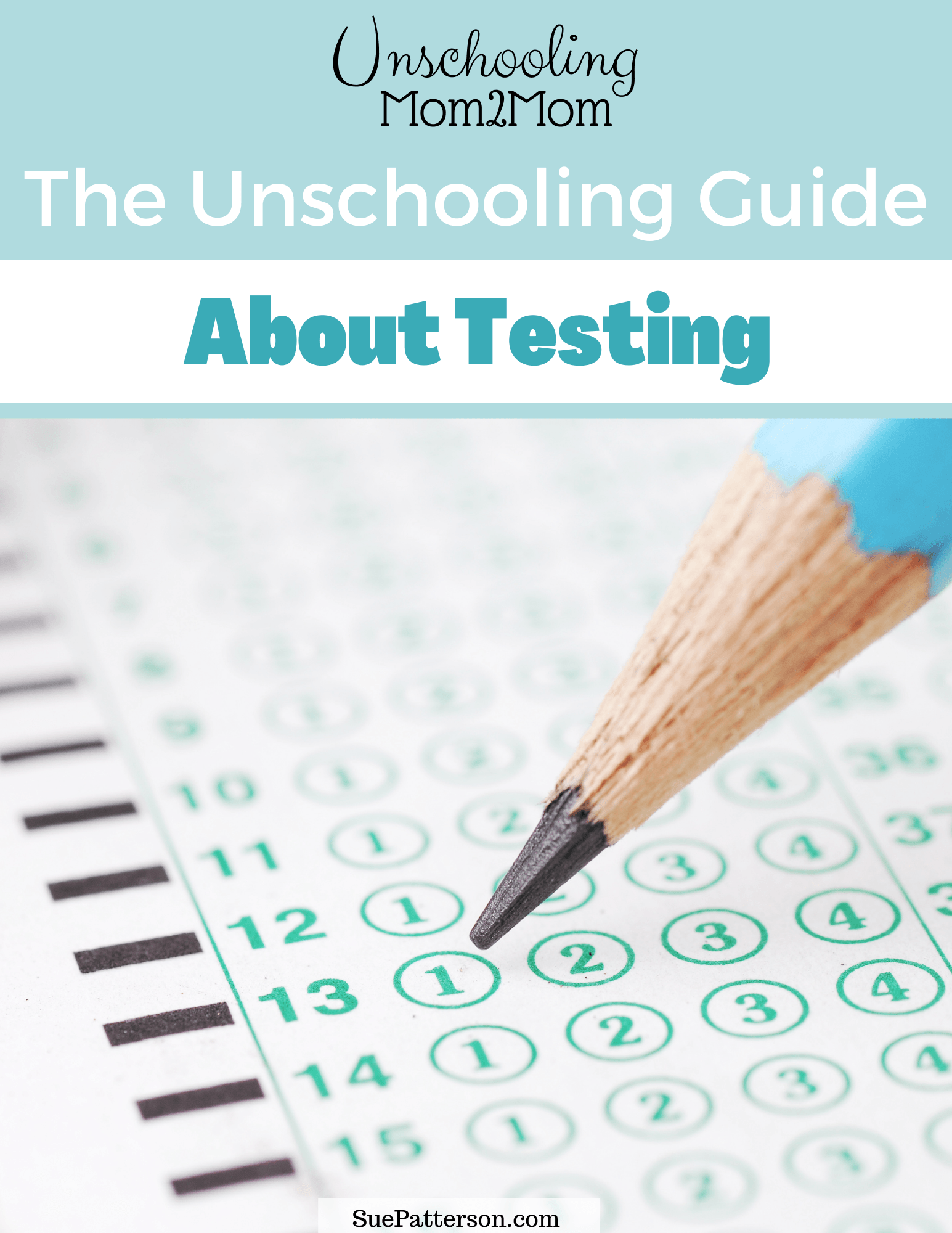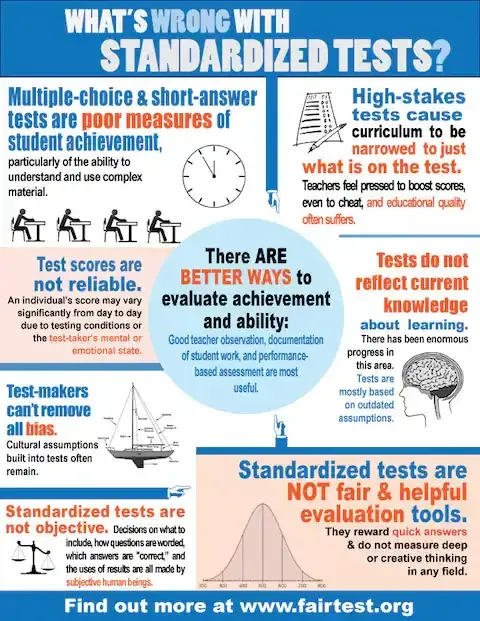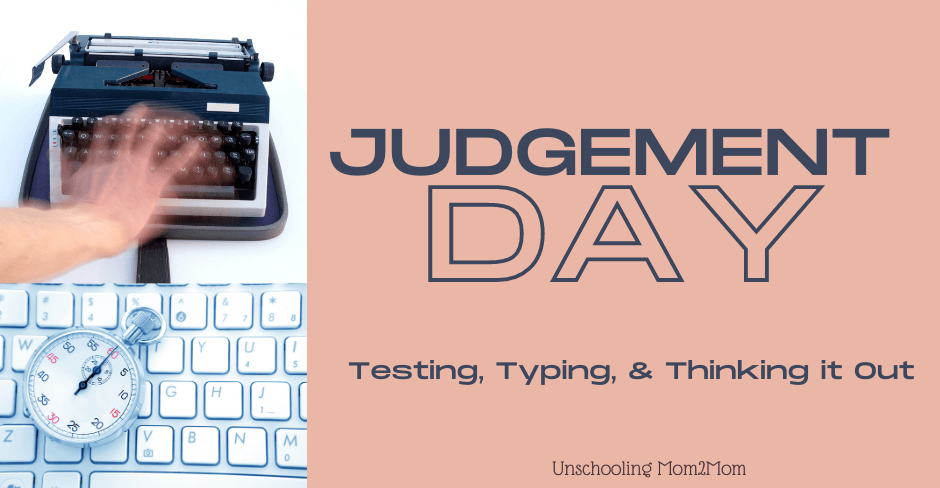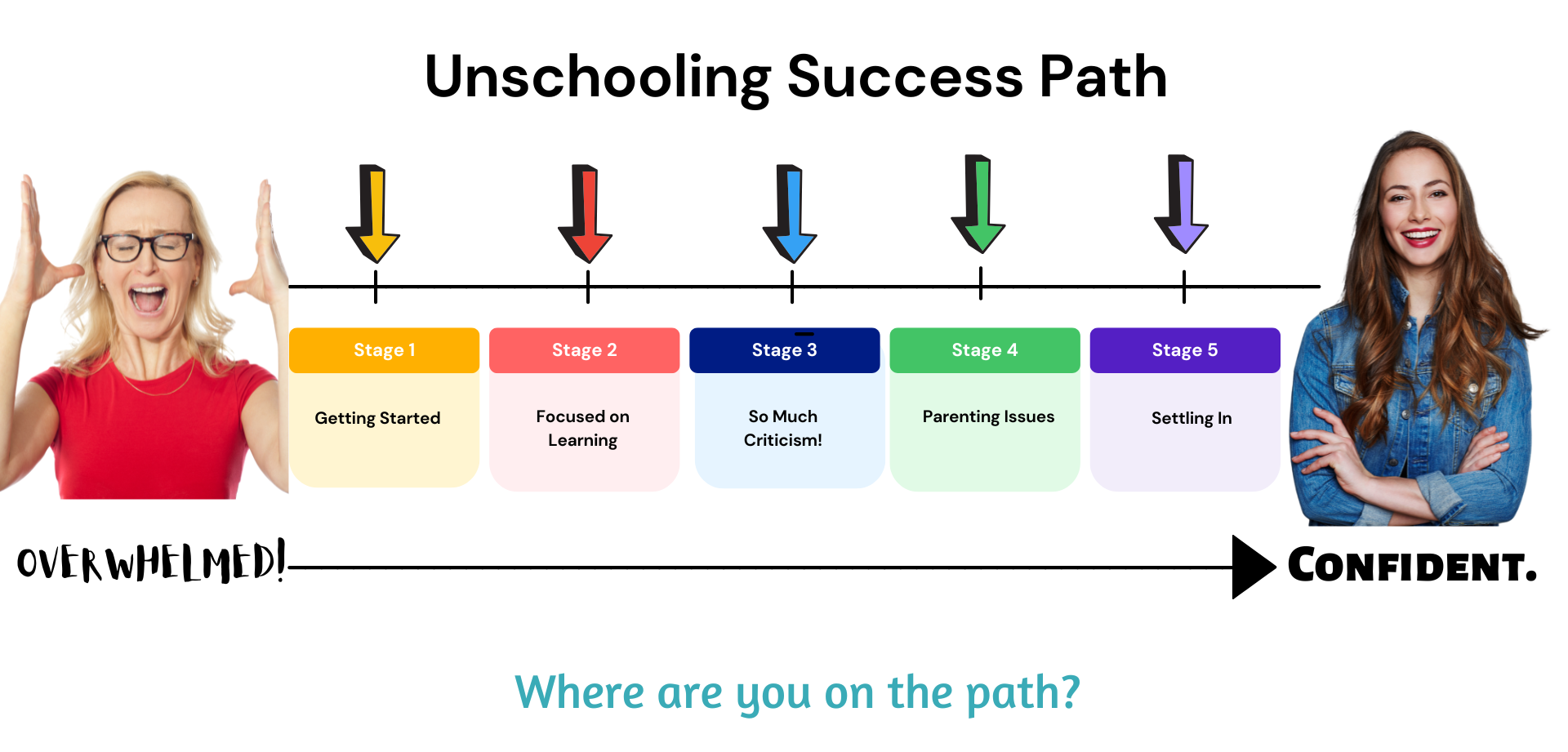Testing…1-2-3…Testing
by Cathy Earle
“Homeschooling has proven itself to be effective—after all, homeschooled students score much higher on standardized tests than their public-school counterparts!”
“Standardized tests don't measure the important stuff, and don't do a very good job, even, of measuring the less important stuff!”
Having been in the homeschooling community for more than three decades, I've heard homeschooling parents justify what they're doing using test scores, only to, a month or week or day later, bash test scores as being meaningless. Which is it? Are test scores meaningful measures of the success of homeschooling, or meaningless hoops many kids are forced to jump through? We can't have it both ways.
Need Help with Testing?
This Unschooling Guide will show you a variety of ways unschoolers are handling testing in their homes.
I've collected all the material together for you, so you don't have to waste time searching all over the internet and hoping the information is right!
Find out more at this link:
A Brief History of Standardized Testing
Early standardized tests in China and, centuries later, British India were developed to create merit-based, rather than family-status-based, systems -- to eliminate corruption and nepotism in giving people jobs and promotions. In the early 1900s, Alfred Binet was asked to find a way to predict which children would need more help in school. In his effort to measure intelligence (IQ), Binet tested skills that generally weren’t taught in school, such as focus and problem solving.
He warned about the inherent limitations of his test:
Something as complex as intelligence could not be expressed with a single number,
Binet said, and test scores could compare children only if they had similar backgrounds .
Lewis Terman of Stanford University tweaked Binet's test into the Stanford-Binet IQ test, and successfully sold it to American schools with the stated motivation to develop a meritocracy.
Similar motivations spurred the creation of the SAT test. Harvard president James Conant wanted to extend scholarships to intelligent boys who were not part of the eastern-seaboard boarding-school elite. Conant was interested in creating a classless society and argued for Thomas Jefferson's “natural aristocracy” based on intelligence and talent rather than wealth and birth. The SAT test was meant to be given to students who hadn't studied for the test -- indeed, studying for the SAT would have invalidated Conant's purpose.
Flash forward to today. The SAT is nearly ubiquitous, and dozens of other aptitude and achievement standardized tests are routinely used on millions of students. Test creation, scoring and preparation are all big businesses with billions of dollars in earnings each year. Students not only study for the SATs, they take them over and over again in search of higher scores, and school districts set aside an increasing amount of time to prepare for other standardized tests.
Worst of all, standardized tests have gone “high stakes.”
Nowadays, many American students must pass a test before they're allowed to graduate. Some educational programs must improve test scores or face closure.

Norm-referenced and Criterion-referenced Tests
Making important decisions based solely on test scores is not only a bad idea, but it is particularly unethical to base decisions on norm-referenced tests (NRTs). They were never designed to measure the quality of learning or teaching; each question was specially designed so that half of all kids of a particular age would be able to answer it -- and half would not.
Another kind of test is criterion referenced; CRTs seek to measure student mastery of a particular body of knowledge. Course exams and written driver's tests are examples of criterion-referenced tests, and some standardized tests are as well. Studies show that well-crafted CRTs can actually help students learn material when feedback on incorrect answers is given —a condition that never occurs with standardized CRTs. Students who put effort into studying can pass a well-written CRT and perhaps even earn a perfect score. An entire classroom of students can ace a CRT.
In contrast, NRTs are not designed to test specific learned materials. Instead, they are designed to give a glimpse of students' broad knowledge, no matter what they have studied. In theory, NRTs might give some valuable big-picture feedback on the efficacy of particular educational programs—but they could only do so if the tests were like a pop-quiz that students and teachers did not and could not prepare for.
When test prep comes into the picture, scores of NRTs such as the SAT become meaningless.
Let's be clear:
- NRTs are designed to compare people.
- They deliberately spread student scores out; no matter how accomplished the pool of test takers, half will answer a majority of the questions incorrectly.
- It's not possible for the entire pool of students to score well; the tests aren't built that way.
Sources:
Alfie Kohn has written several articles on standardized testing, including
“Standardized Testing and Its Victims,” Education Week , September 27, 2000.
Fair Test, or the National Center for Fair and Open Testing, works to end misuses and flaws of standardized testing. Many informative articles and resources are available including:
City Pages published a behind-the-scenes look at scoring standardized tests:
“Inside the multimillion-dollar essay-scoring business,” by Jessica Lussehop, February 23, 2011.
Time magazine described the Annie E. Casey Foundation study's findings: “Why It's Time to Get Rid of Standardized Tests,” by Noliwe M. Rooks, October 11, 2012.
ProCon.org's
“Standardized Tests.”
Frontline's “Secrets of the SAT” interview with Nicholas Lemann.
This article was originally published in the Spring 2014 Issue of The Homeschooler Magazine . (no longer online)
More from Unschoolers on Standardized Testing:
Sharing Testing Memes...
